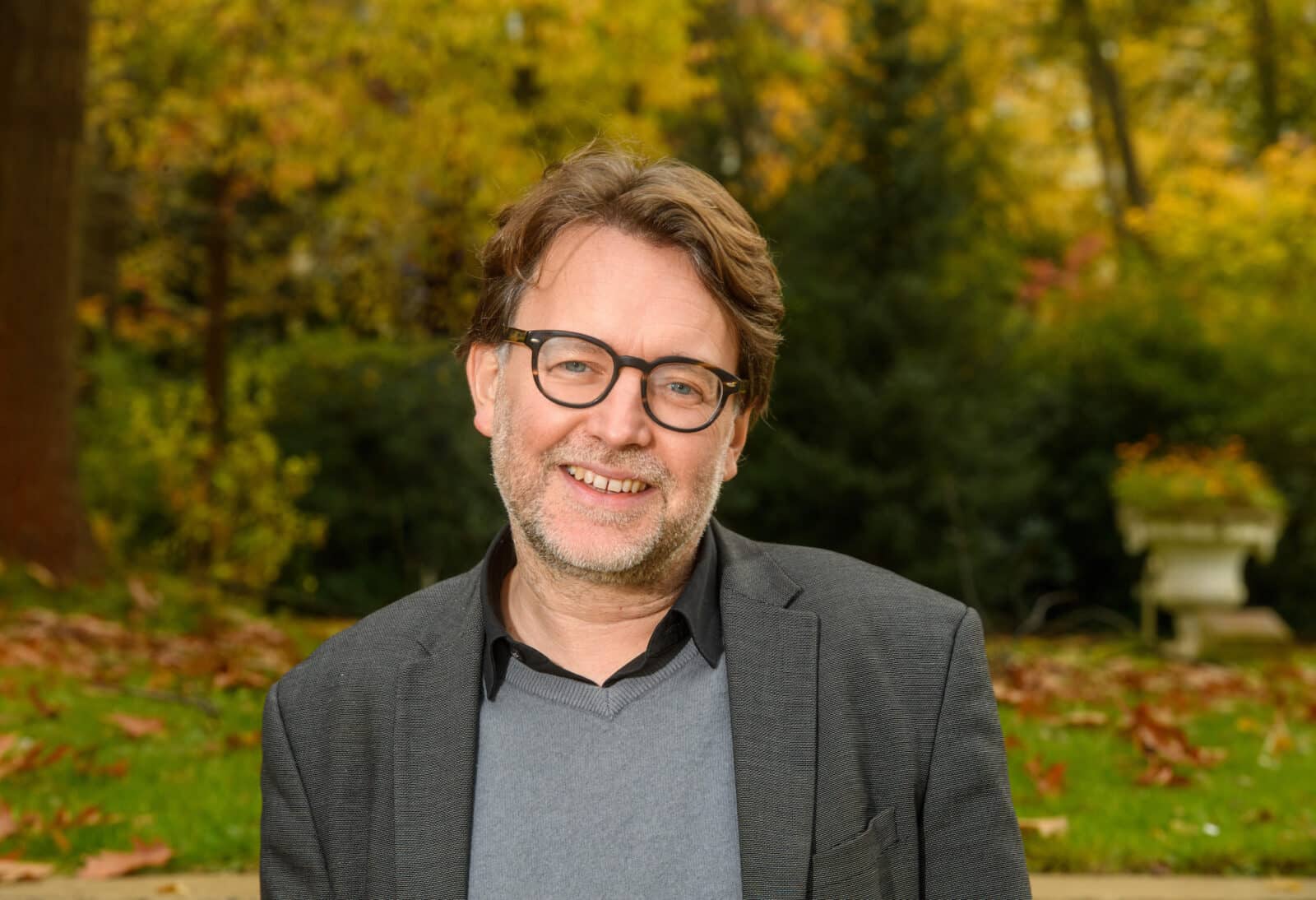Professor Antoine Vauchez
Antoine Vauchez

Max Planck Law Fellow
Antoine Vauchez is a CNRS Research Professor in political sociology and law and a member of the Centre européen de sociologie et science politique-CESSP (Université Paris 1-Sorbonne). He was recently awarded the Michael Endres Prize by the Hertie School of Governence where he is a visiting professor throughout the academic year 2021–22. He has been an elected member of the ‘Politics, Power and Organisation’ section of the CNRS national committee, is a permanent visiting professor at the iCourts research centre (Univ. of Copenhagen), and is co-director of the Master’s degree in ‘European Public Affairs’ at the University of Paris 1-Panthéon Sorbonne. Antoine Vauchez’s work lies at the crossroads of the socio-history of transnational power centres and the sociology of legal knowledge and forms of expertise. After his award of the French Habilitation (2010), his main research themes have been the formation of a European centre of power, the emergence of a body of legal and economic knowledge of the European project and the consolidation of a ‘power of independence’ around the European courts of justice, central banks, and regulatory agencies.
Email: antoine.vauchez@univ-paris1.fr
Max Planck Fellow Group
Independence and Democracy in the European Union: A Historical and Socio-legal Approach
Over the past decade, the notion of ‘independence’ has become one of the single most ubiquitous yet fuzzy notions of Europe’s transnational politics. Institutions as different as the Court of Justice of the European Union (CJEU), the European Commission, constitutional courts, central banks, governments, or regulatory agencies, have engaged in a heated transnational contest over its meaning, scope and counter-balancing principles (the democracy principle, accountability, transparency, etc). Starting from the premise that the notion is neither self-explanatory, nor historically constant, the Max Planck Law Fellow Group engages in a historical and socio-legal inquiry into the trajectory of ‘independence’.
While the notion has been instrumental to the autonomy of national legal fields (independence from politics), it has developed ever since the 1960s as an instrumental lever in relation to the rise of supranational institutions such as the CJEU and the European Central Bank (ECB) (independence for the European project). Most recently, with the rise of populist constitutionalism or the unprecedented role played by central banks, the “independence wars” have expanded to new policy domains raising a new challenge for the definition of democracy, whether national or European.
The project provides an interdisciplinary meeting point between the history of legal concepts and a socio-legal analysis of European legal fields in action. Its first research strand is historical with a view to understand the salient role which the concept has progressively acquired in the context of the EU polity as well as its ‘rediscovery’ in national legal fields from the 1970s onwards and in the context of enlargement to Central and Eastern Europe in 1990s. Its second strand is socio-legal and analyzes the recent progressive politicization of the issue of independence, mapping out the transnational field of (legal and judicial) contention that has emerged over the past two decades in a large variety of policy fields.
The Max Planck Law Fellow Group is headed by Professor Antoine Vauchez and brings together researchers from and under the direction of Professors Armin von Bogdandy and Stefan Vogenauer.